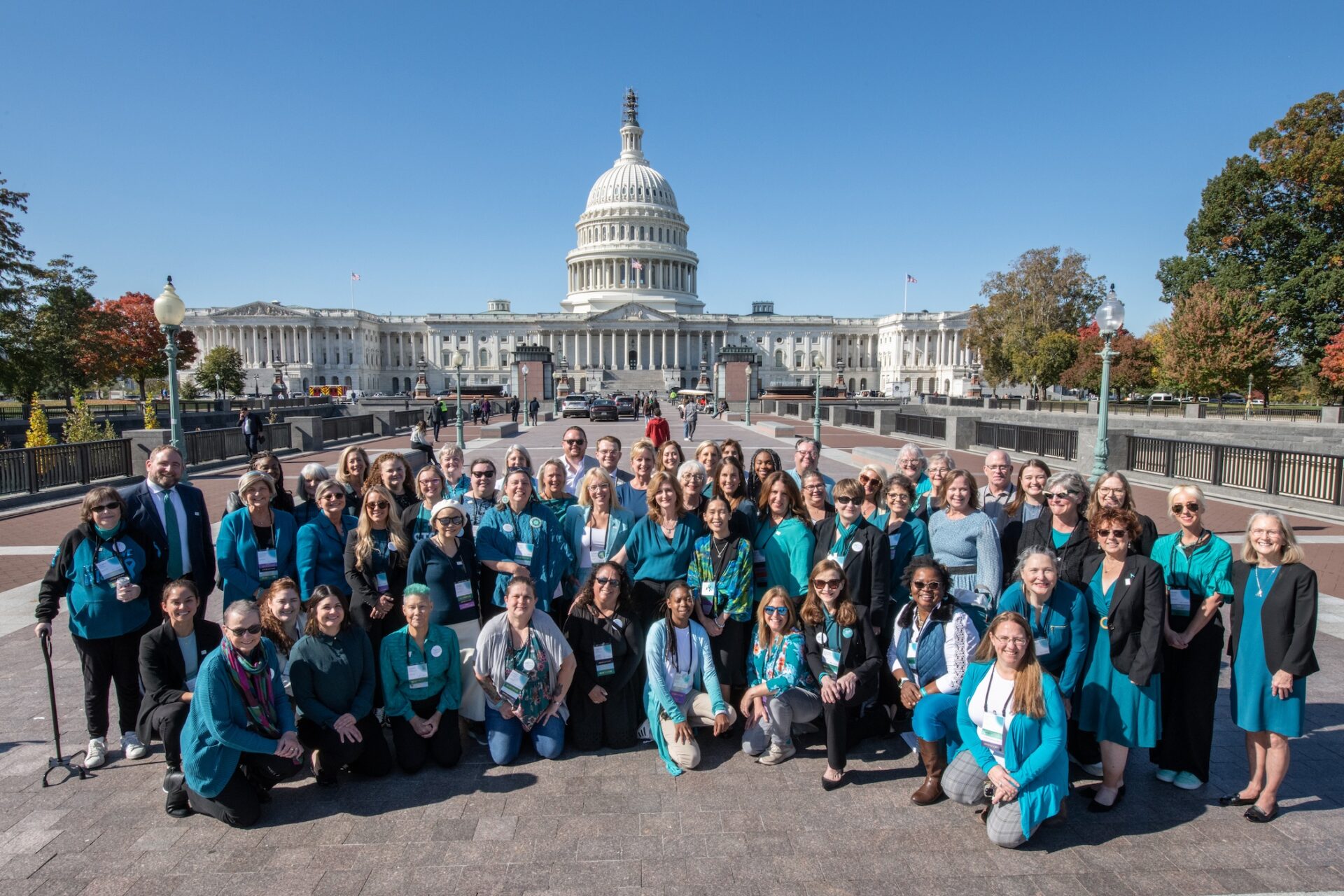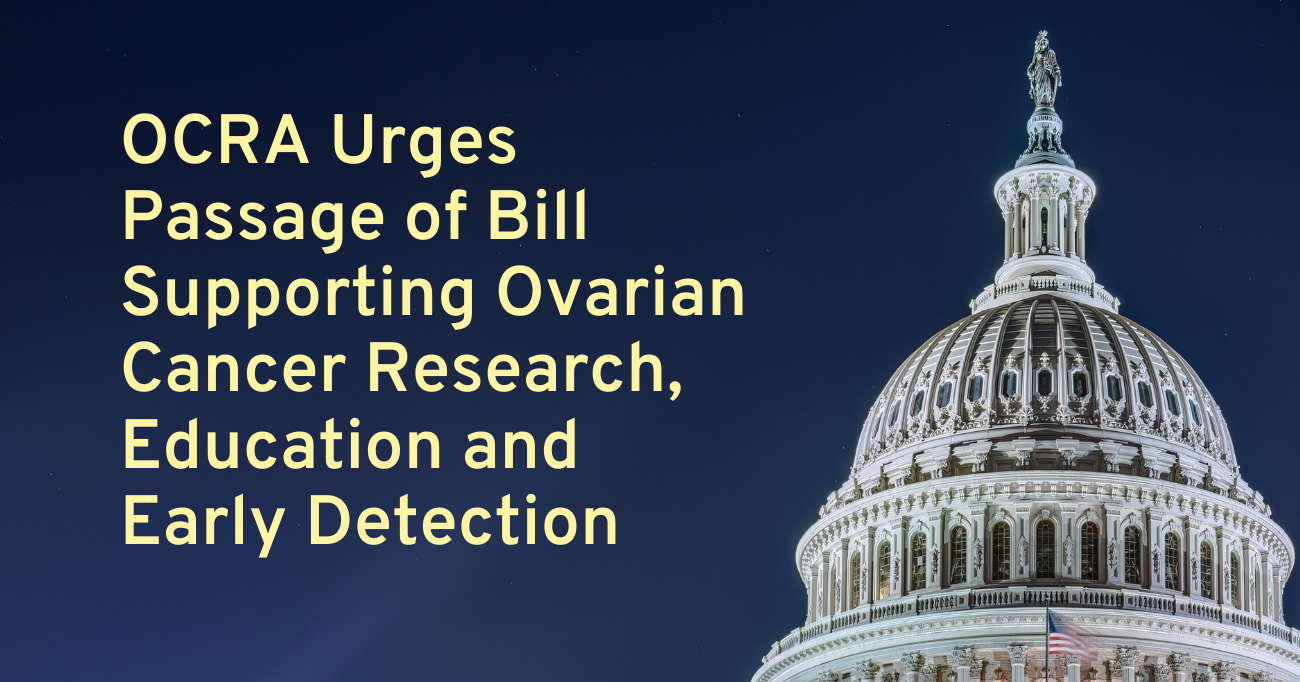Written by Chad Ramsey, Vice President, Policy, Ovarian Cancer Research Alliance
Federal Update: Government Shutdown Ends — What It Means for the Cancer Community
As you are no doubt aware, after 43 days, the federal government shutdown officially ended. On November 12, 2025, President Donald J. Trump signed the temporary funding bill passed by Congress, reopening most federal agencies and reinstating pay to furloughed workers. The deal funds the government through January 30, 2026, with some full-year appropriations included for certain departments.
For the ovarian and gynecologic cancer community, this development matters, because stalled funding affects research grants, clinical trial accrual, prevention and detection programs, and support services. During the shutdown, no new National Institutes of Health (NIH) or Congressionally Directed Medical Research Programs (CDMRP) grant applications were processed, no new awards were made, and peer-review meetings were postponed.
While the reopening brings relief, the funding deal doesn’t yet address key sticking points. For example, an extension of the Affordable Care Act (ACA) marketplace premium subsidies has been deferred, with a Senate vote promised in December but no guarantee of passage.
As we emerge from the shutdown, our strategic advocacy efforts will be around ensuring that the momentum for research, patient access, and cancer-care policy doesn’t get derailed by stop-gap funding or further delays. Robust, stable funding matters for early detection, clinical trial infrastructure, and access to care.
As you may remember, prior to the shutdown, both the House and Senate had made significant progress on the bills that fund critical gynecologic cancer programs. The House Defense appropriations would restore funding for the Ovarian Cancer Research Program to $45 million after the program was slashed to $15 million back in March. Both the House and the Senate bills would fully fund the CDC’s cancer prevention programs, including Johanna’s Law, after the President’s proposed budget had eliminated them.
It’s our job now to ensure that these bills get past the finish line so that these critical programs can continue to make progress. Stay tuned for updates and action alerts coming soon as we gather more information.
State-Level Policy Update: Where We Stand
With most state legislatures now adjourned for the year—and only a small number still in session—advocates are already shifting their focus to what’s ahead in 2026. Even as the calendar winds down, state-level coalitions have been actively planning for the next wave of policy work.
A major priority for the upcoming year will be continued advancement of biomarker testing legislation, a critical policy area that helps ensure patients can access the most effective and personalized cancer treatments.
In 2026, biomarker campaigns are expected to continue in:
Delaware, Maine, Massachusetts, New Hampshire, North Carolina, Ohio, Tennessee, Vermont, and Washington. A new legislative campaign is also expected to launch in Mississippi, expanding advocacy efforts into a new state and offering fresh opportunities to improve access and equity in cancer care.
OCRA Launches New Center for Public Policy

We’re excited to share that OCRA has officially launched our Center for Public Policy — a dedicated hub that advances a strengthened set of policy priorities and supports our ongoing work on Capitol Hill and across the country. Please check out our new offerings – including OCRA’s Interactive Policy Map.


